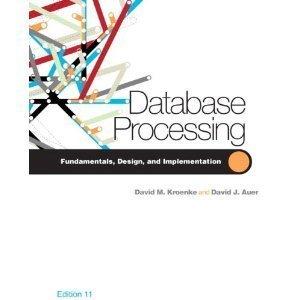Question
1. In python, a location within a list stores a. A boolean b. A memory address c. The data itself d. A floating point number
1. In python, a location within a list stores
a. A boolean
b. A memory address
c. The data itself
d. A floating point number
2. If we populate a stack and call get(), we will get the last thing put on the stack
True
False
3. The access the memory location x[2] the computer
a. Takes the memory address of x and adds two times the amount of memory to store a memory address to it.
b. Takes the memory address of x and adds two to it.
c. Goes to memory address two.
d. Goes to memory address two times the amount of memory to store a memory address.
4. In Python, if a list is at capacity and you try to add another element to it
a. Throw an error
b. It will allocate a new, larger chunk of contiguous memory, copy the old memory addresses to it as well as the memory address of the new piece of data.
c. It will allocate a new, larger chunk of contiguous memory, copy the old data to it as the new piece of data.
d. Do nothing
Step by Step Solution
There are 3 Steps involved in it
Step: 1

Get Instant Access to Expert-Tailored Solutions
See step-by-step solutions with expert insights and AI powered tools for academic success
Step: 2

Step: 3

Ace Your Homework with AI
Get the answers you need in no time with our AI-driven, step-by-step assistance
Get Started


